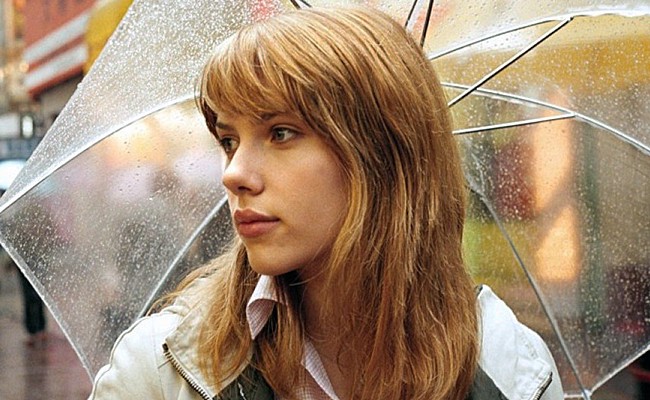BBC Culture has released a list titled “The 21st Century’s 100 Greatest Films,” for which it polled 177 film critics from around the world. The resulting list of films is unsurprisingly, overwhelmingly male-directed, but the group of critics polled was also made up of a male majority. Out of the 177 critics surveyed, 55 are women — a measly 31 percent.
Of the 102 films on the list (three films tied for the final slot), only 11 were directed or co-directed by women: a whopping 10.7 percent. The first female-directed film comes in at number 22 with Sofia Coppola’s “Lost in Translation,” so a single female director didn’t even crack the top 20.
When “best of” lists like these are made that include the whole history of cinema, we’ve come to expect that women directors aren’t given very many spots. Women across the globe had little to no opportunities to direct throughout much of the 20th century in the film industry.
But this is a list made up of films of only the past 16 years. It’s not a list from the 1950s. We expect, no, we demand more films made by women be included, especially if we are talking about contemporary films. This list continues to prove that women are still extremely and disproportionately undervalued by industry members, audiences, and critics.
And speaking of the critics, Twitter handle Female Film Critics put together some interesting stats about the critics who participated. Each critic was asked to submit ten titles for the list.
Out of the 55 female film critics who were polled:
- 80 percent of the female film critics polled included female directors on their lists.
- Six critics included three women directors, 15 included two women directors, 22 included one woman director, and 11 included no women directors.
- The top six female-directed films all received five or fewer votes from the entire group. They are Sofia Coppola’s “Lost in Translation” with five votes, Ava DuVernay’s “Selma” with four votes, Sarah Polley’s “Stories We Tell” with four votes, Kathryn Bigelow’s “The Hurt Locker” with three votes, Bela Tarr and Agnes Hranitzky’s “The Turin Horse” with three votes, and Fernando Meirelles and Katia Lund’s “City of God” with three votes.
Those behind the Female Film Critics Twitter handle are still putting together the percentages of women directors included by male critics, and we should add that it’s not solely the job of female critics to champion films made by women. Male film critics must open their eyes and question their privilege when it comes to what they automatically think of when they think of the “greatest” filmmakers and why.
Meanwhile, it’s the responsibility of the poll takers to include more women in these surveys. We’re not sure how many film critics were asked to participate, how many of them were women (no one at Women and Hollywood was asked to contribute), or how many responded. But it’s difficult to wrap our minds around the fact that the BBC didn’t see a problem with the fact that 69 percent of the critics of determining the list were male. That unequal gender composition was bound to affect the outcome of the survey. What they really should have done is ASK MORE FEMALE FILM CRITICS TO CONTRIBUTE. Ask, and ask again. Check out our list of women film writers, contact them, and ask them to participate in your poll, and keep doing so until the number of women included reaches 50 percent. Only then will polls like these achieve equality.







